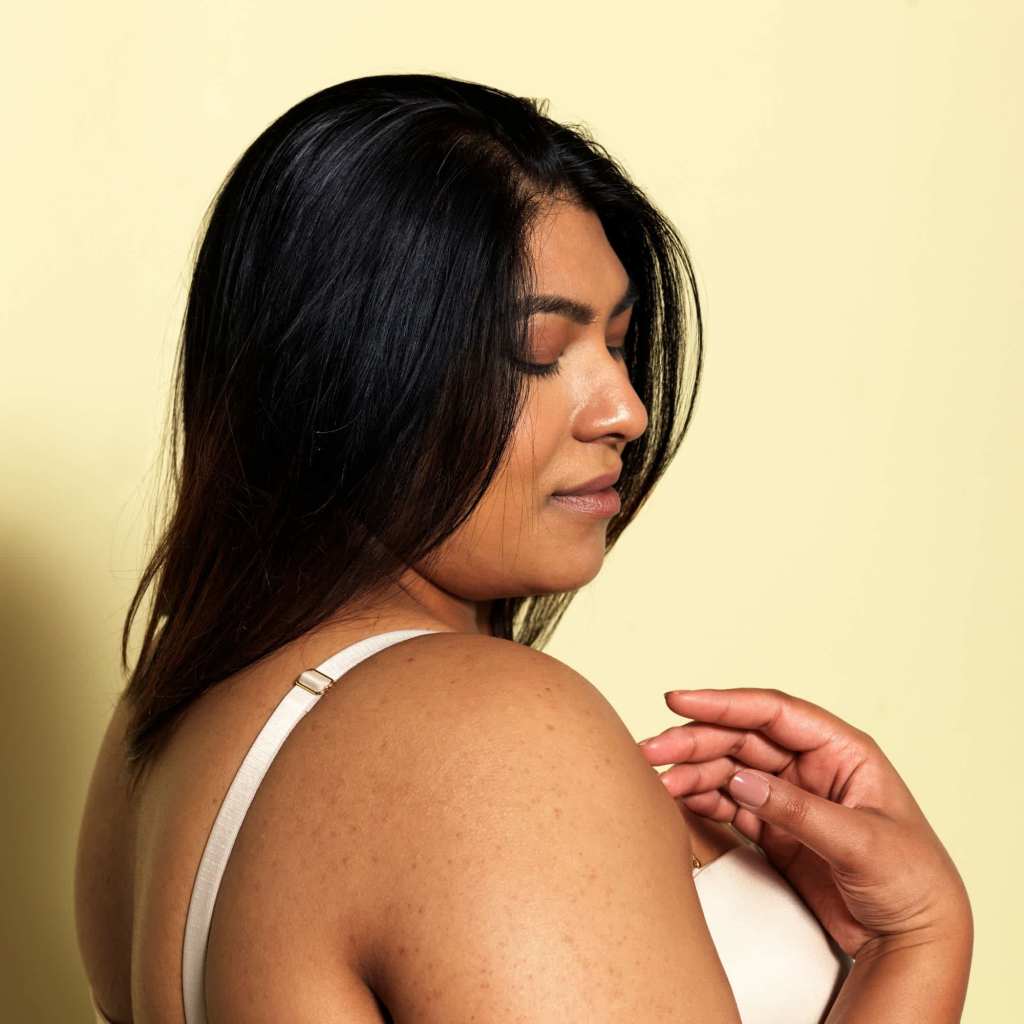As POPSUGAR editors, we independently select and write about stuff we love and think you’ll like too. POPSUGAR has affiliate and advertising partnerships so we get revenue from sharing this content and from your purchase.
Vitamin C, benzoyl peroxide, retinoids — these are just some of the skincare ingredients we use on a regular basis to target acne, reduce the signs of ageing and remove dead skin cells. These are all lauded in the skincare world, thanks to the efficacy of each ingredient. Want a brighter complexion? Vitamin C is your go-to.
In the market for a product that future-proofs your skin and is scientifically proven to do so? You’re looking at retinoids (or the over-the-counter option, retinol). Want to zap acne? Say hello to benzoyl peroxide. While each of these ingredients does a great job at targeting certain skin concerns, they don’t mix well. Using these ingredients together can often result in skin irritation, increased sensitivity to the sun or in some cases, cancel the effectiveness of the ingredient out.
To avoid this from happening, it’s best to use these products separately. This might be using one in the morning and the other at night, or using them on different days to prevent irritation. These are the combinations of skincare ingredients you want to avoid:
Retinoids and Benzoyl Peroxide
Benzoyl peroxide is commonly used in the treatment of acne and is included in a number of skincare products thanks to its ability to kill acne-causing bacteria. Alongside this function, benzoyl peroxide also works to exfoliate away dead skin cells. While retinoids don’t exfoliate the skin, they do strip away dead skin cells, so it’s best not to use these two together as they cancel each other out and as a result, become less effective.
Retinol and Vitamin C
When used separately, both retinol and vitamin C can be standout stars in your skincare routine. But, when used together, can result in increased skin sensitivity due to over-exfoliating. Use these two products as opposite ends of the day for the best results. Vitamin C works best when used in the morning, so apply just before your sunscreen, while retinol can be used in your evening routine.
Retinol and AHAs/BHAs
Retinol and retinoids work by stimulating cell turnover in your skin cells, which in turn, helps to remove dead skin cells. And, while retinol doesn’t exfoliate the skin, it does have a similar end result. AHAs and BHAs are popular acids that exfoliate the skin and, while extremely effective, when used in conjunction with retinol can cause irritation, redness and dry skin.
Using these together can also increase your skin’s sensitivity to the sun, so best to avoid using products containing these ingredients on the same day. Instead, use on alternate days to avoid irritation.
Multiple Acids
There are a number of skincare acids out there and we love them all —glycolic acid, salicylic acid and azelaic acid are just some of our favourites. Not only do these ingredients offer exfoliating properties but they can be used to treat a number of concerns including dark spots, enlarged pores, dry skin and acne. But, if you use too many acids together, it can strip your skin and damage its ability to recover. So, take it easy when it comes to layering acids and try to use these on different days.
So, What Ingredients *Can* You Mix?
While this list may seem full of no-nos, with cosmetic formulations getting more sophisticated every day, many ingredients that historically have been avoided can now be combined.
For instance, the new Garnier, Skin Active Vitamin C Brightening Serum ($17). This serum contains a form of vitamin C called vitamin Cg. A gentle iteration of the powerful brightening antioxidant, this synthetic version is ideal for sensitive skin types. It is also more stable, which means it can be combined with more active skincare ingredients. In this formulation, vitamin Cg is combined with salicylic acid, a chemical exfoliant typically used for acne and blackheads, that is also a potent anti-inflammatory. These two ingredients, in combination with niacinamide, make for a potent acne and pigmentation-preventing cocktail that’s unlikely to irritate your complexion.
For more ingredients that can be combined, head here.

